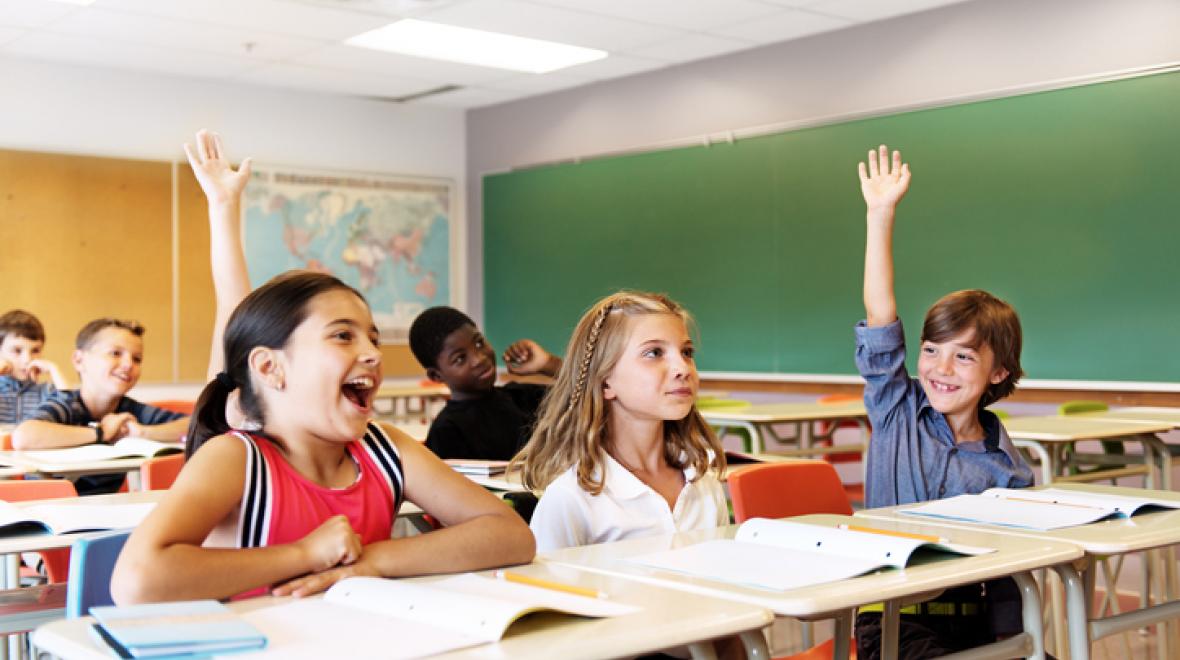It is common knowledge that all traditional teacher certification programs at major universities are carefully designed only to prepare developing classroom educators to successfully teach their chosen disciplines (English, mathematics, history, government, physics, Spanish, German, etc), acquired through successful completion of undergraduate and/or graduate degree curriculums, to public ایران آموزشگاه students.
Along the same line, most state public school districts hire only certified teachers as classroom educators to prepare and present cogent disciplinary subject lessons to middle school and high school students, and the fundamentals of reading, writing, English grammar, and mathematics to elementary school students.
As a standard teacher education curriculum requirement, the course of study, “psychology of adolescence,” is, usually, the only one-of-its-kind required of all developing secondary-school teachers at most universities and colleges.
This particular psychology course is intended to acquaint student teachers, planning to teach middle school and high school students, with the normal patterns of maturation and development in children thirteen-years-and-up in age. Elementary school student teachers are usually required to take other psychology courses dealing with pre-adolescent development. Parenting classes are, however, not traditionally required of student teachers in mandated teacher education programs.
If they were, and college students contemplating teaching careers realized that their future classroom duties would encompass not only teaching students academic skills, but, also, basic socialization skills traditionally taught to children by parents at home (ultimately necessary for the basic didactic process to occur in a classroom setting), there would certainly be a dearth of student teachers in university certification programs.
For such parenting classes to exist in preparatory teacher education curriculums would be a blatant admission by American society that most public school parents are not doing their jobs of preparing their children for classroom learning. As for the D.C. Public Schools, there are currently quite a few certified educators who are excellent teachers of their respective disciplines, but poor surrogate parents.
This is because they weren’t trained by their universities, and hired by the District, to be parents, but, rather, teachers. These professional educators were not expecting to find three-out-of-five elementary, middle, and high school students, in DC, to be behavior problems. They weren’t expecting to find the majority of kids in their classes unprepared for public school, children who don’t have parents or guardians who really want to teach them vitally basic socialization skills, skills needed for an atmosphere of respect and courtesy to preside in a classroom.
Certainly, if D.C. elementary school children enter the first grade behaviorally and socially unprepared to receive classroom instruction, and, thereafter, are the recipients of continual negligible parenting at home, only one sad result in learning will happen under the current system.
These behaviorally dysfunctional, and unteachable, elementary students will, for the sake of political expediency, will be indulged and passed-on by most of their teachers to the next higher grade, and the next, without ever learning the rudiments of a sound education, until they are in high school unsocialized, and unable to read, write, and perform math at their respective grade-levels.
What happens in most cases, in the classrooms of teachers readily conforming to the expectations of school principals (who are more concerned with the number of students certified as passing from one grade to the next, than with whether those students have actually met the academic standards for promotion) is an unfortunate toleration of unsocialized disruptive students that persistently make academic instruction and learning very difficult, if not impossible, to achieve.
You see, it doesn’t currently reflect well on school administrations when 30-to-50 percent of their students are considered failures in Math, English, and reading classes.
